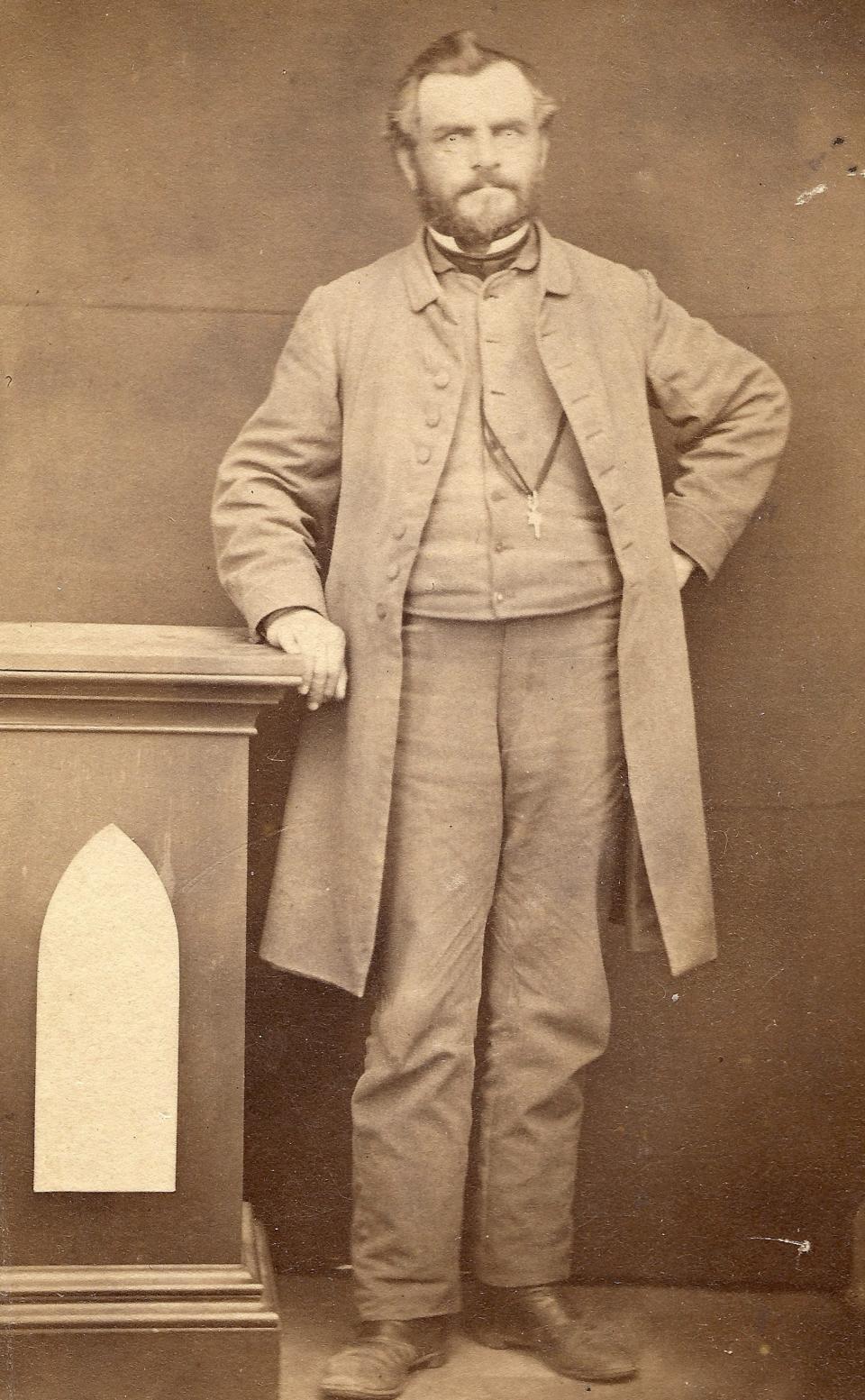Manitowoc County's first German settler arrived in 1841 and served President Ulysses S. Grant as a consul in Italy
Each of us can look back at experiences that forged our character and made us who we are today. Like people, each community can also trace its identity back to events and individual efforts that shaped its identity.
Perhaps no event has had more of an influence on Manitowoc County than German immigration. The prevalence of this trend could be largely traced back to one man, Frederick Borcherdt, who has the distinction of being Manitowoc County’s first German settler.
Born to a wealthy family on July 6, 1811, in Saxony, Germany, Frederick Borcherdt was university educated and well-traveled as a young man.
In his 20s, he decided to make the trans-Atlantic journey to America and lived briefly in New York City with his wife, Wilhelmina, before moving west once again to settle in Detroit.
Finally, in 1841, at the age of 30, Borcherdt braved a stormy three-week trip along the Great Lakes to arrive in Two Rivers.

He operated a mill in Neshoto (now Shoto) for seven years and was very active in helping to encourage German settlement in the area.
In 1847, Borcherdt met a large group of North Germans from Holstein in Detroit. He encouraged the group to settle in the communities of Neshoto and Mishicot. It was largely through immigration that the population of the county grew from 629 in 1846 to 23,000 in 1860.
By around 1850, Frederick Borcherdt settled in the community of Manitowoc Rapids, which at the time served as the county seat. The area was home to the area's earliest courthouse, post office, schoolhouse, hotel and church. During this time, he was involved in local politics, serving as the county clerk from 1852 to 1853. He also served as a member of the first grand jury organized in Manitowoc County.
In 1851, the Manitowoc Rapids home of Frederick and Wilhelmina Borcherdt was the organizing place of the First Presbyterian Church, now at 502 N. Eighth St. in Manitowoc. For its first two years, the congregation was served by the Rev. William Herritt, who walked 20 miles each Sunday to fill his appointments.
More: Manitowoc fire in 1962 was so bright people in Ludington, Michigan, saw light coming from the city.
In 1855, Frederick and Wilhelmina moved to the city of Manitowoc, where they remained engaged in the civic life. Among his activities were operating a general store and publishing the Weekly Tribune, Manitowoc’s second newspaper, which eventually merged with The Pilot. Other endeavors included running for superintendent of schools and serving as a regimental adjutant during the Civil War.
In 1871, Borcherdt turned the management of The Tribune over to his son, Edward, and accepted an appointment from President Ulysses S. Grant as U.S. consul in Leghorn, Italy. He spoke Italian fluently and reportedly enjoyed representing the United States and engaging in travel, art and music in his native Europe.
Frederick Borcherdt died unexpectedly on Sept. 1, 1877, and is buried in Leghorn, Italy. His wife, Wilhelmina, returned to Manitowoc.
The legacy of Frederick Borcherdt, Manitowoc County’s first German settler, will live on through his contributions to immigration, civic life, the church and his service to our county.
Amy Meyer is executive director of the Manitowoc County Historical Society.
This article originally appeared on Manitowoc Herald Times Reporter: Manitowoc settler served President Ulysses S. Grant as consul in Italy
